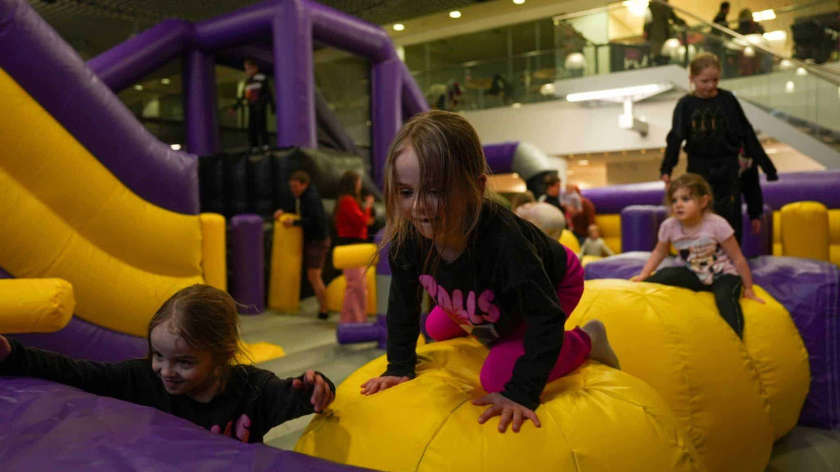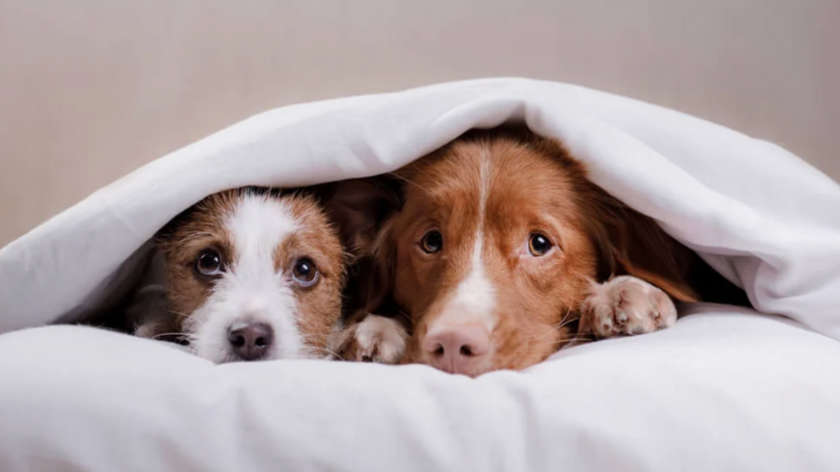
Bonfire Night is a highlight of the autumn calendar – but while the skies light up with dazzling displays, many of our four-legged friends find it a night of fright rather than delight.
With more people now choosing to host small garden displays, it’s not just one evening of bangs and flashes – it can be several nights of stress for pets and owners alike.
A recent survey found that 85% of pet owners say their dogs are scared of fireworks, and cats can also suffer from anxiety during this time.
With celebrations also returning at New Year’s Eve, it’s more important than ever to be prepared.
Recognising the Signs of Firework Fear
If your dog or cat struggles with fireworks, you may notice:
- Tail tucked between their legs
- Hiding or trying to escape
- Pacing or restlessness
- Whining, barking, or crying
- Clinginess or excessive panting
- Dilated pupils or drooling
- Loss of appetite
These are all signs of fear and stress – and your pet will need your reassurance to help them cope.
Desensitisation: Helping Pets Get Used to the Noise
Two leading veterinary behaviourists developed a firework desensitisation programme around 20 years ago, now available to download from Dogs Trust.
It’s designed to help pets gradually get used to loud noises, ideally starting when they’re puppies (before 16 weeks old), but it can also help older dogs.
By slowly introducing your dog to firework sounds alongside treats and playtime, they can learn to associate bangs and pops with something positive. This process takes time – so start early, and if your pet remains fearful, speak to your vet or a qualified behaviourist.
Preparing for Bonfire Night
Planning ahead is key. Here are some top tips from Claro Hill Vets to help your pet stay safe and calm:
- Create a safe haven – Set up a den or cosy area where your pet can retreat. Make it a positive place using blankets, toys, and treats.
- Use pheromone diffusers – Plug in an Adaptil Calm diffuser (for dogs) or Feliway (for cats) a few weeks in advance to help them feel secure.
- ThunderShirts – These special vests apply gentle pressure to help calm anxious dogs.
- Keep pets indoors – Ensure cats are inside and walk dogs before dark. Double-check doors, windows, and garden gates are secure.
- Block out the sights and sounds – Close curtains, turn on the TV or radio, or play relaxing music. The RSPCA’s partnership with Classic FM’s Pet Classics is a great option.
- Stay calm yourself – Pets pick up on our emotions. Keep your tone calm and avoid reacting to their fear. Reward calm behaviour with gentle praise or treats.
When to Seek Veterinary Advice
If your pet remains anxious despite these measures, your vet can help.
There are natural remedies, such as Valerian or casein-based calming supplements, and in more severe cases, prescription medications to ease anxiety.
An anti-epileptic drug is now licensed specifically for noise phobias in dogs, so there are more options than ever – but it’s important to plan ahead and speak to your vet well before fireworks begin.
Plan Now for a Peaceful Night
Preparation is the best way to keep your pets safe and comfortable this Bonfire Night and beyond.
For further advice or to discuss treatment options, contact Claro Hill Vets on 01423 228080 or visit www.clarohillvets.co.uk.
Because while fireworks may be fun for us, our pets rely on us to help keep the fear at bay.



 Conservative councillors take swipes at Reform amid budget talks
Conservative councillors take swipes at Reform amid budget talks
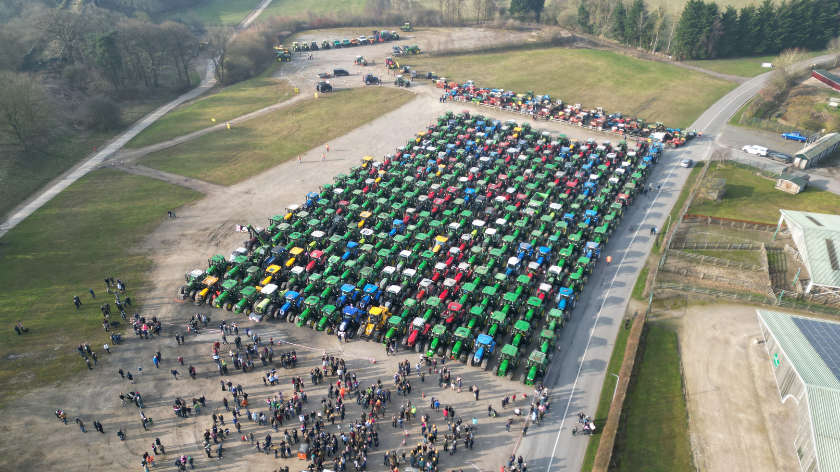 Date revealed for Knaresborough Tractor Run
Date revealed for Knaresborough Tractor Run
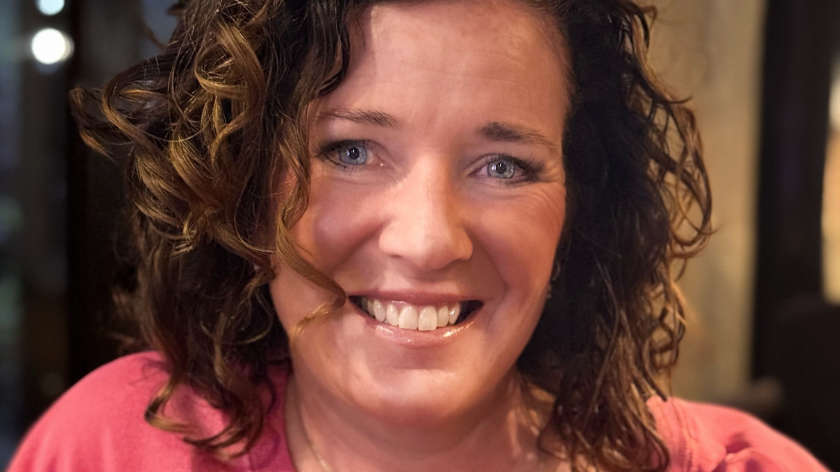 Yorkshire Air Ambulance appoints new CEO
Yorkshire Air Ambulance appoints new CEO
 Council to increase council tax by maximum after £43m "wallop" from government
Council to increase council tax by maximum after £43m "wallop" from government
 Harrogate dad takes on 40,000-mile yacht race for bereavement charity
Harrogate dad takes on 40,000-mile yacht race for bereavement charity
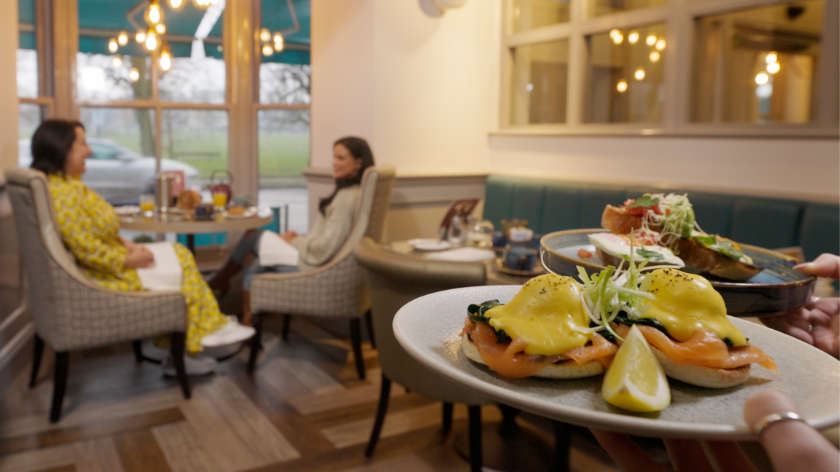 Harrogate BID backs return of town's popular Restaurant Week
Harrogate BID backs return of town's popular Restaurant Week
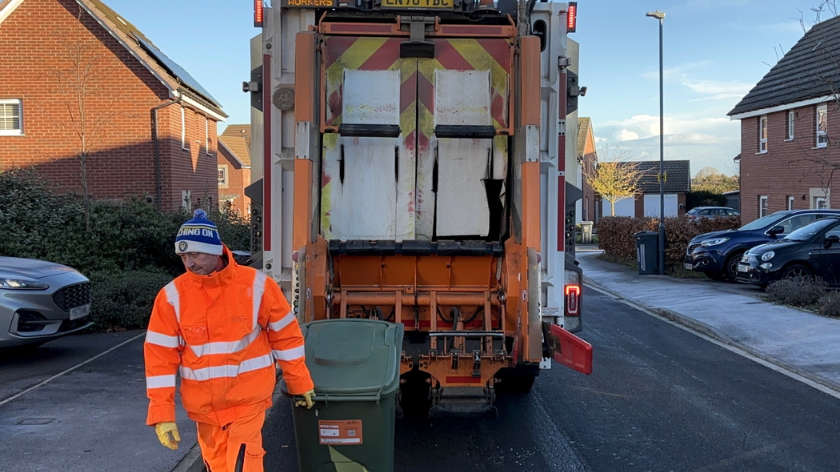 Cost of Harrogate garden bin licence revealed
Cost of Harrogate garden bin licence revealed
 Spirit of Harrogate to enter administration
Spirit of Harrogate to enter administration
 Call for council to support pubs and hospitality businesses
Call for council to support pubs and hospitality businesses
 Ripon MP says Kex Gill realignment scheme is making 'good progress'
Ripon MP says Kex Gill realignment scheme is making 'good progress'
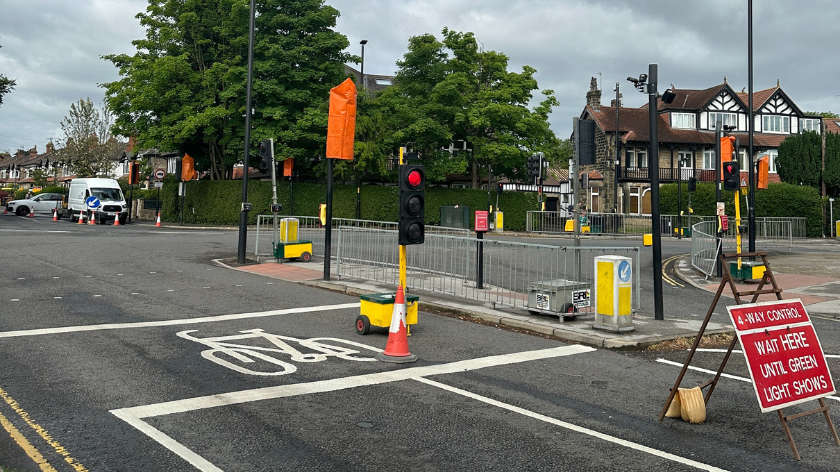 Northern Powergrid issue update on Leeds Road traffic lights
Northern Powergrid issue update on Leeds Road traffic lights
 Sir Stephen Fry sends mental health message to Harrogate College students
Sir Stephen Fry sends mental health message to Harrogate College students
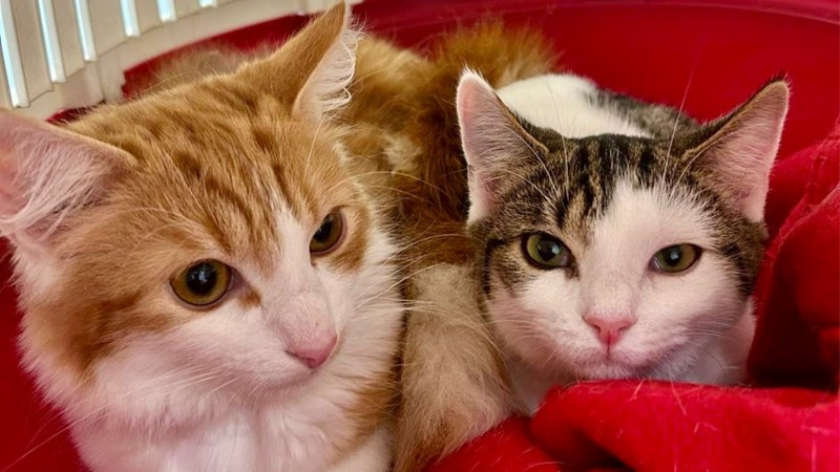 Harrogate Cat Rescue appeals for urgent support as vet bills soar
Harrogate Cat Rescue appeals for urgent support as vet bills soar
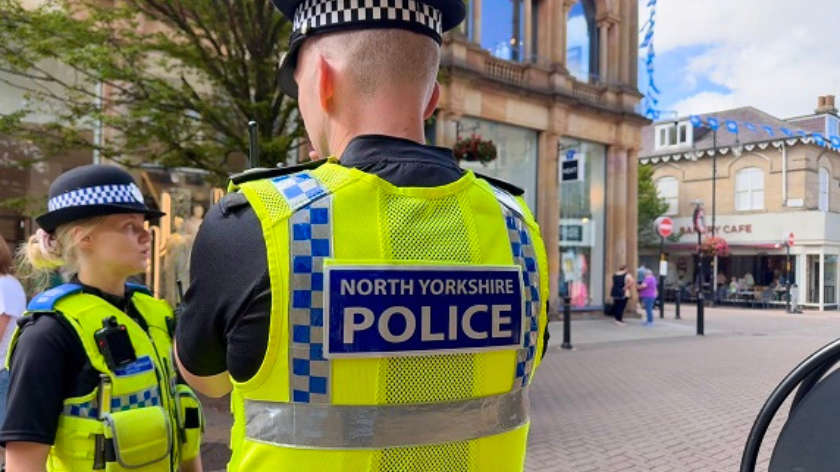 Cuts may be needed to balance budget at North Yorkshire Police
Cuts may be needed to balance budget at North Yorkshire Police
 Harrogate BID unveils full programme for town's Self Care Week
Harrogate BID unveils full programme for town's Self Care Week
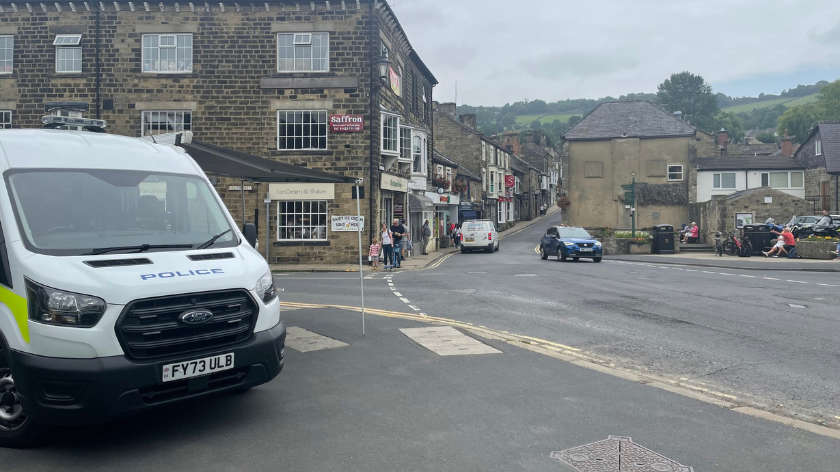 Pateley hit-and-run: Man charged with two further offences
Pateley hit-and-run: Man charged with two further offences
 Opinions sought on new specialist autism school in Harrogate
Opinions sought on new specialist autism school in Harrogate
 Harrogate MP sparks Parliamentary debate on water bosses flouting bonus ban
Harrogate MP sparks Parliamentary debate on water bosses flouting bonus ban
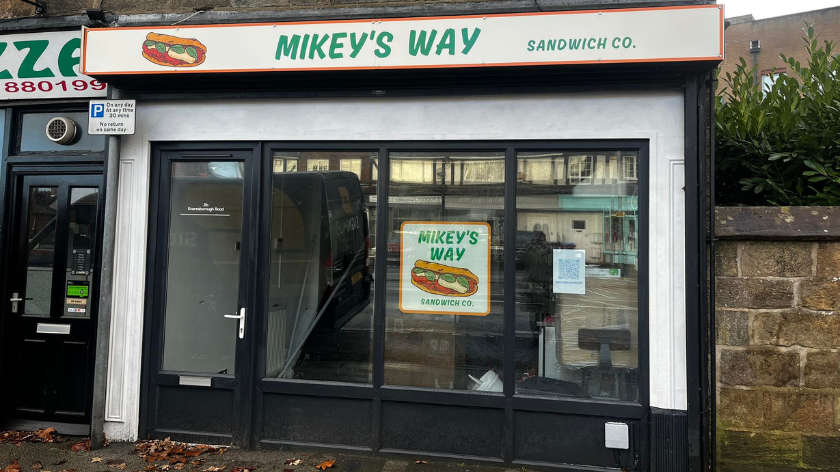 New sandwich shop opens on Knaresborough Road
New sandwich shop opens on Knaresborough Road
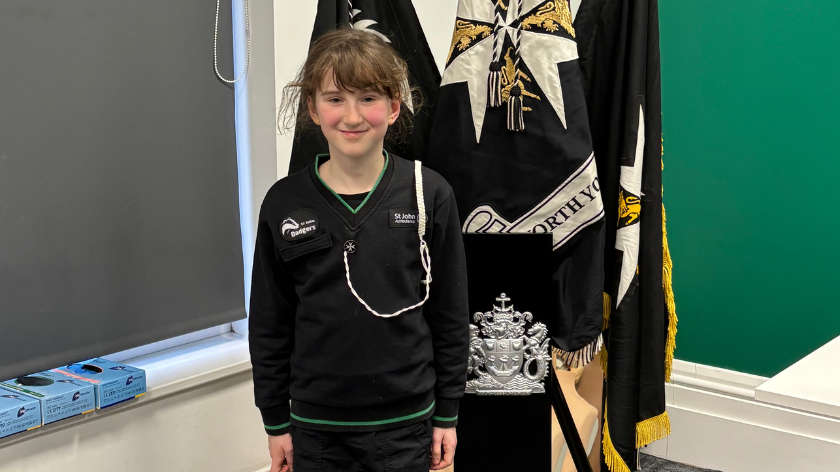 Knaresborough girl named St John Ambulance Badger of the Year
Knaresborough girl named St John Ambulance Badger of the Year



